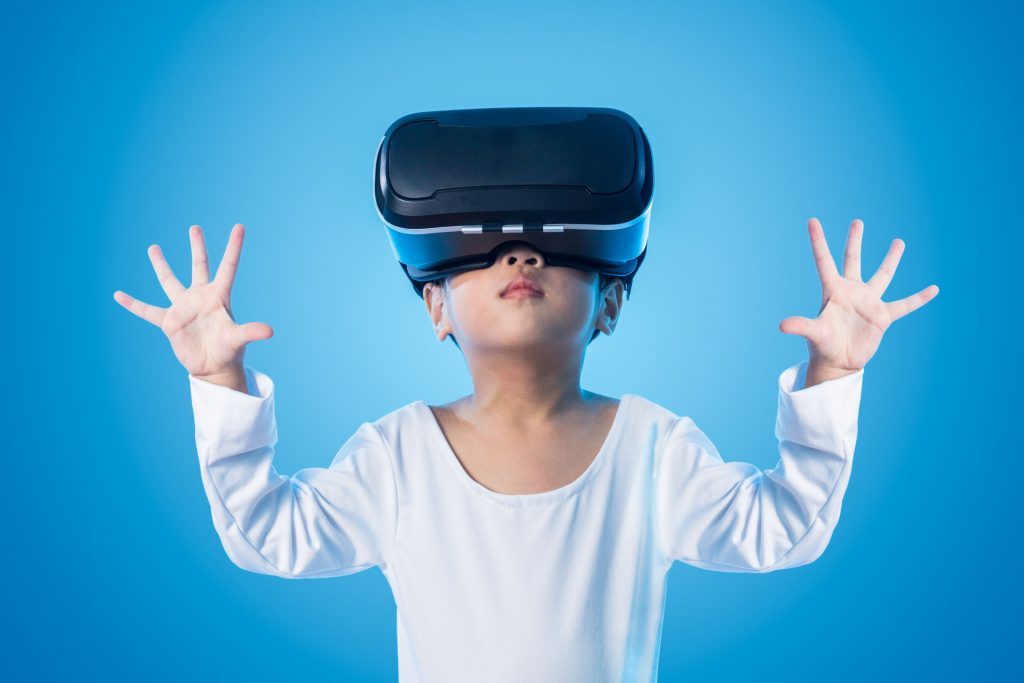As technology continues to pervade every aspect of our lives, from smart homes to wearable devices, it becomes increasingly crucial to reflect upon the ethical implications of our technological advancements. Rapid innovation has undoubtedly brought tremendous benefits and convenience, but it has also unleashed a myriad of ethical challenges that demand our attention and consideration. In this article, we explore the intricate web of ethical issues surrounding technology, aiming to shed light on the often-neglected moral dimensions of our digital age.
Technological progress has undoubtedly allowed us to enhance efficiency, improve communication, and tackle complex problems more effectively. However, at what cost do these advancements come? One of the most pressing concerns revolves around personal privacy. With the rise of surveillance technologies, widespread data collection, and the monetization of personal information, questions arise regarding the boundaries between public and private spheres, the extent of consent, and the potential abuse of power. This issue is particularly relevant in the context of social media platforms, where targeted advertising and manipulation of user behavior have become common practices. As we enjoy the conveniences technology brings, we must also grapple with the ever-looming question of how much privacy we are willing to relinquish in exchange for these benefits.
Beyond privacy, the use of technology raises important questions about its impact on employment and social inequality. As automation and artificial intelligence advance, concerns regarding job displacement and the exacerbation of income inequality become increasingly pertinent. With the potential for widespread unemployment and the concentration of wealth in the hands of a few, we must strive to ensure that as progress occurs, no one is left behind. Ethical considerations demand that we not only assess the benefits of technology but also address its potential negative consequences, working towards a future where technological advancements serve the betterment of society as a whole.
Moreover, the ethical implications of technology are not limited to human experiences. Environmental sustainability is also a crucial consideration. From the manufacturing processes that produce our devices to the electronic waste they generate, the ecological impact of technology is significant. As responsible stewards of our planet, we must pressure manufacturers to prioritize sustainability, design products with the end in mind, and encourage responsible disposal and recycling of electronic waste. By mitigating the environmental consequences of technological progress, we can bridge the gap between innovation and responsibility.
Another critical area where ethics intersects with technology is the realm of artificial intelligence and autonomous systems. As machines become increasingly capable of making decisions and performing tasks with minimal human intervention, questions arise about accountability and safety. Who is responsible when an autonomous vehicle causes an accident? How do we ensure that algorithms do not perpetuate discrimination or exacerbate biases found in society? The absence of clear ethical guidelines and legal frameworks to address these concerns underscores the urgent need for comprehensive engagement and dialogue on the topic.
In conclusion, the ethical considerations surrounding technology are vast and multifaceted. From personal privacy to social inequality, environmental sustainability to the rise of artificial intelligence, we must navigate the moral dimensions of our digital age with care and responsibility. As technology continues to shape our lives, it is crucial to strike a balance between progress and accountability. By actively engaging in discussions and reflections on the ethical implications of technology, we can shape a future that harnesses the power of innovation while upholding the values and principles that define our humanity.

 Virtual reality (VR) technologies have brought immersive experiences to new heights, but they also raise profound ethical questions about the nature of reality, empathy, and the blurring of digital and physical boundaries. As VR becomes increasingly integrated into our lives, exploring its impact on moral perceptions becomes a crucial endeavor.
Virtual reality (VR) technologies have brought immersive experiences to new heights, but they also raise profound ethical questions about the nature of reality, empathy, and the blurring of digital and physical boundaries. As VR becomes increasingly integrated into our lives, exploring its impact on moral perceptions becomes a crucial endeavor. Altered Perceptions of Reality
Altered Perceptions of Reality Virtual Reality and Real-Life Consequences
Virtual Reality and Real-Life Consequences
 Cybersecurity, the protection of digital systems and sensitive data, is an essential pillar in our interconnected world. However, the methods and practices employed in cybersecurity also raise important ethical questions that touch on issues of privacy, surveillance, and the balance between safeguarding systems and respecting individual rights.
Cybersecurity, the protection of digital systems and sensitive data, is an essential pillar in our interconnected world. However, the methods and practices employed in cybersecurity also raise important ethical questions that touch on issues of privacy, surveillance, and the balance between safeguarding systems and respecting individual rights. Protection vs. Surveillance
Protection vs. Surveillance Data Privacy and Consent
Data Privacy and Consent